Speculation Grows Over Possible Summer Election in Ukraine
Despite ongoing Russian attacks, talk of holding a national vote in Ukraine is once again surfacing.
As air raid sirens continue to wail across Ukrainian cities almost nightly, the idea of holding elections might seem far-fetched. Yet, in the streets and offices of Kyiv, discussions about the possibility of a national vote are quietly resurfacing.
Since Russia launched its full-scale invasion three years ago, rumours of elections have periodically surfaced—only to be dismissed by politicians, opposition leaders, and the public, who have largely agreed that national unity must take precedence during wartime.
A presidential election scheduled for 2024 was postponed under martial law, introduced shortly after the invasion began in 2022. Still, that hasn’t stopped the Kremlin from pushing the narrative that President Volodymyr Zelensky’s term is illegitimate—a claim recently echoed by former U.S. President Donald Trump, who has demanded fresh elections as a condition for ceasefire talks.
A New Round of Speculation
Now, as negotiations for a potential ceasefire continue behind closed doors, new whispers suggest Zelensky may be rethinking the possibility of elections later this year. BBC sources indicate there could be growing momentum behind the idea, though nothing official has been confirmed.
One surprising voice to address the speculation was Valerii Zaluzhnyi, Ukraine’s former top military commander and a potential challenger to Zelensky. Currently serving as Ukraine’s ambassador to London, Zaluzhnyi denied having any political ambitions for now.
"My answer hasn’t changed," he told RBC-Ukraine. "As long as the war continues, our priority must be saving the country—not elections."
His public response was notable, given his typically low profile. Ukraine’s Central Election Commission head, Oleh Didenko, also addressed the rumours, explaining that elections are currently not possible under martial law. By law, parliamentary elections must occur within 60 days of martial law being lifted, and presidential ones within 90 days. But even if martial law were lifted, Didenko noted, the ongoing war would likely require further legal adjustments.
A recent article in The Economist claimed that Zelensky held a private meeting last week where he asked his team to prepare for a possible election after the U.S. forces Russia into a ceasefire—perhaps by Easter. However, several government sources swiftly denied that such a meeting ever occurred.
“That’s fake information,” one senior official told BBC News Ukrainian. “No such meeting, no such instruction. Our focus is on peace, and it’s unlikely the war will be over by Easter.”
Why the Election Talk Won’t Die
Despite these denials, speculation persists—and there are several reasons why.
First, recent polling suggests Zelensky’s popularity has improved. A March survey by the Kyiv International Institute of Sociology (KIIS) showed 69% of Ukrainians now trust the president, a slight uptick from the previous month. Some believe this could be the best time for Zelensky to seek a second term before political divisions emerge post-war.
Second, an election could undermine Russian claims that Zelensky lacks legitimacy and could strengthen his position in future peace talks. Just last week, Vladimir Putin called for the UN to take control of Ukraine and organize “democratic” elections, implying Zelensky would lose.
Third, martial law is due for review in early May. Some speculate that Zelensky could allow it to lapse and schedule elections for the summer.
Fourth, some in the U.S. believe elections are imminent. Trump’s envoy, Steve Witkoff, told the Tucker Carlson podcast that elections were already agreed upon. “There will be elections in Ukraine,” he stated.
Zelensky could use this pressure to justify an election, positioning it as a response to international demands—even if they echo Russian narratives.
Can Elections Really Be Held?
Logistical hurdles remain enormous. Millions of Ukrainians are displaced, either abroad, in occupied territories, or on the front lines. One proposed solution is Diia, a smartphone app already used by Ukrainians for documents like passports and IDs.
Advocates argue that Diia could enable secure, remote voting—much like Ukrainians used it to vote in the Eurovision Song Contest. Last winter, the government even distributed a one-time allowance through the app.
But critics caution that Diia would need new legislation to be used for voting and may face resistance from lawmakers. The app could also be vulnerable to hacking or technical glitches. Western allies may doubt its reliability, and Russia would likely reject any election held through it.
Even with Diia, voter rolls would need updating—a major challenge in wartime conditions.
Lifting martial law even temporarily could risk military discipline, as some soldiers might flee the front. It could also make polling stations a target for Russian strikes. And any election would break the wartime political truce, opening the door to internal conflict and Russian propaganda.
Perhaps the strongest argument against holding elections? Most Ukrainians don’t want them right now. The same March KIIS poll found that 78% of respondents were against holding elections—even after a full peace agreement.
For now, the rumours swirl on. But with martial law still in place, and the war grinding on, a summer election remains more speculation than certainty.

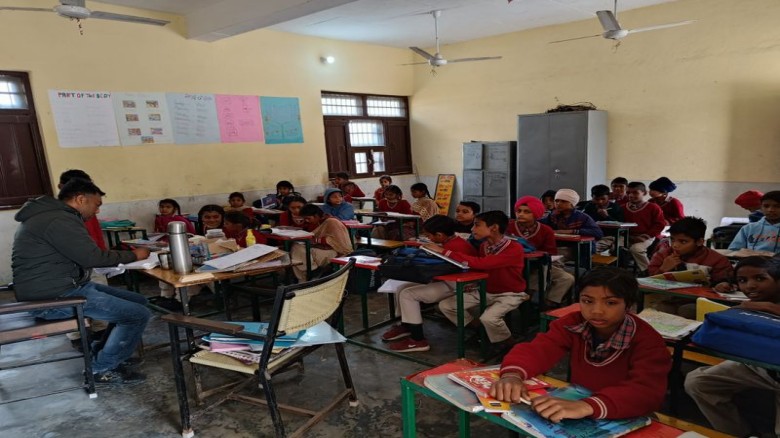
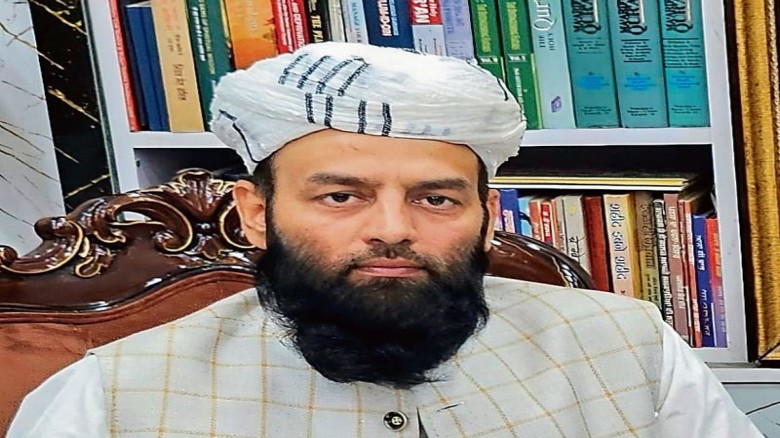
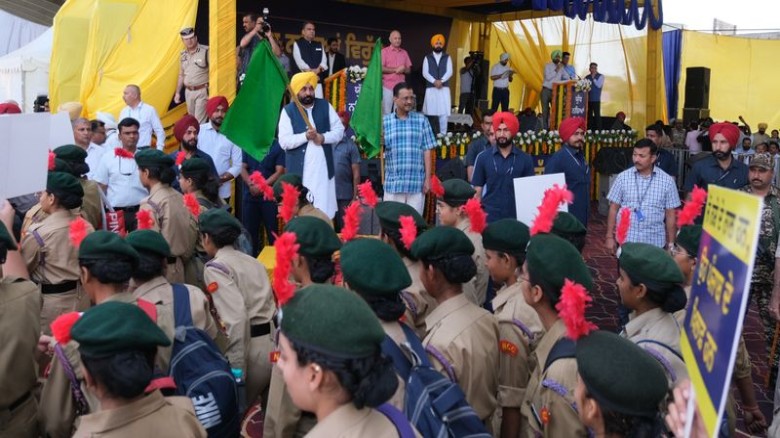
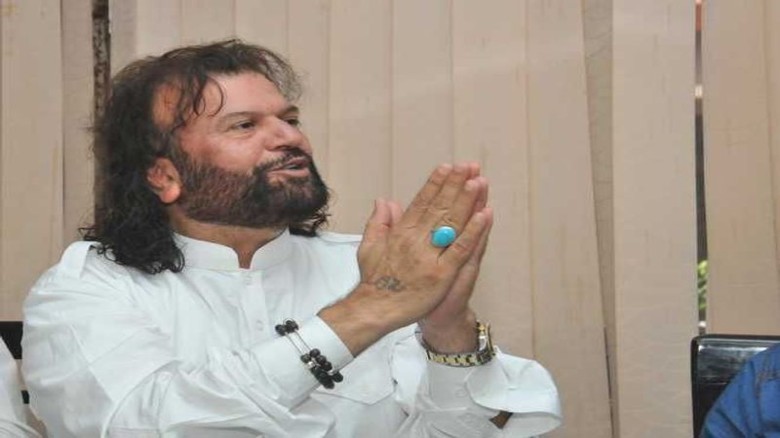

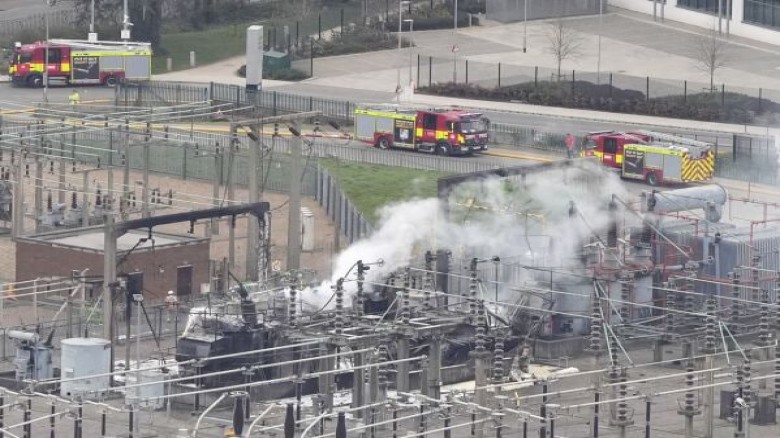
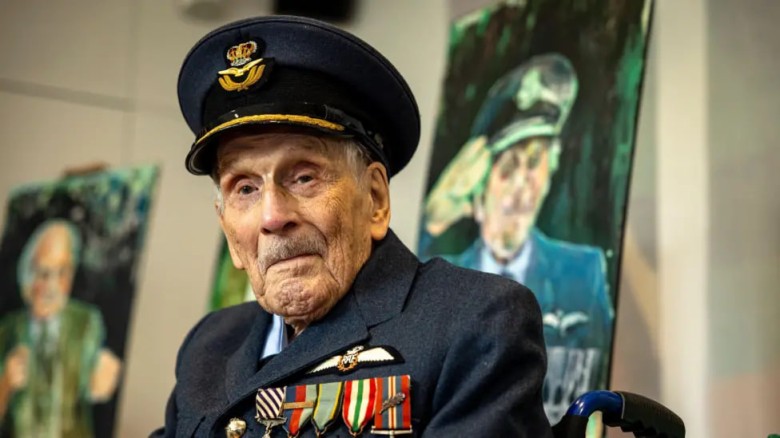
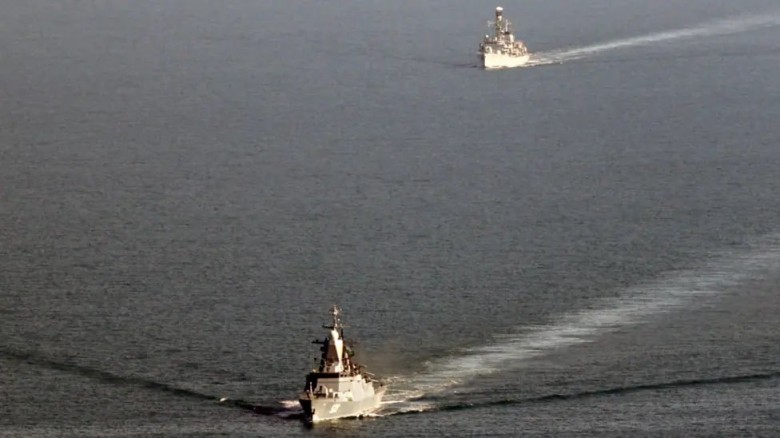
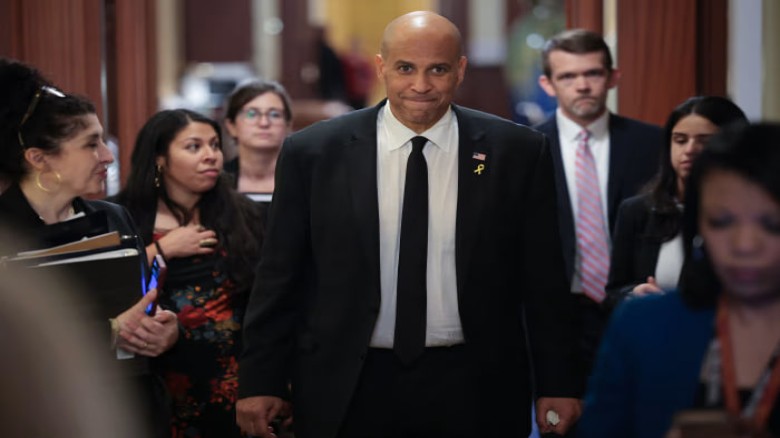
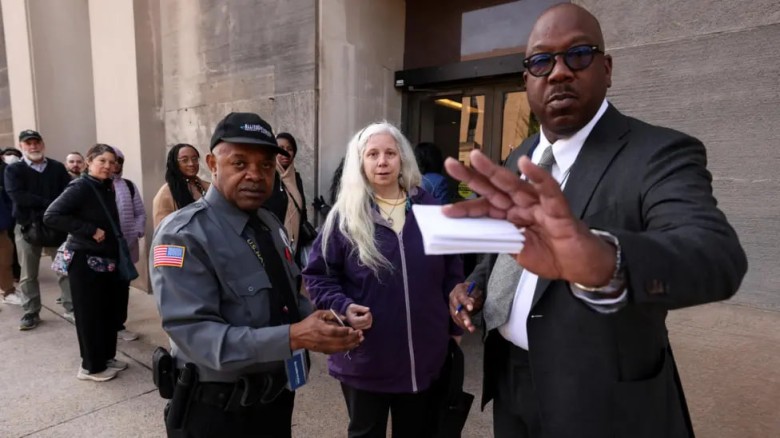
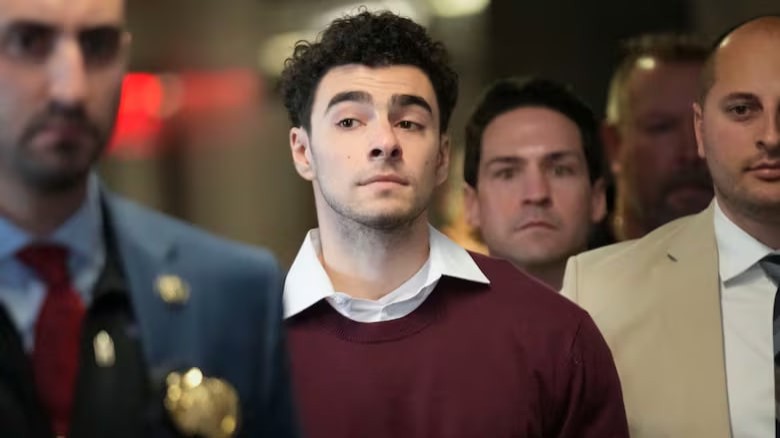
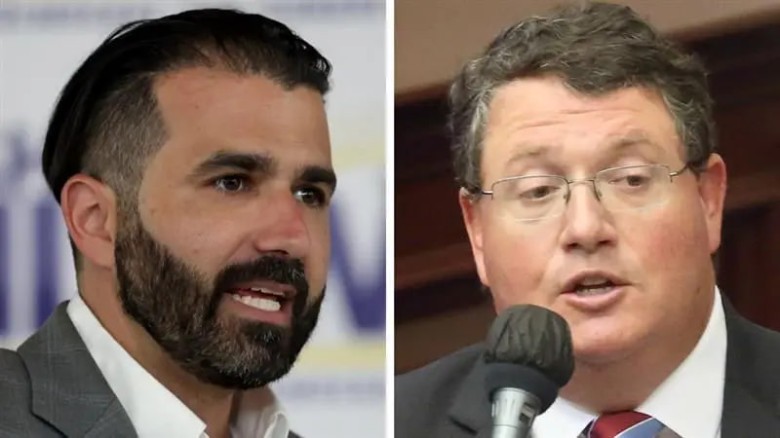

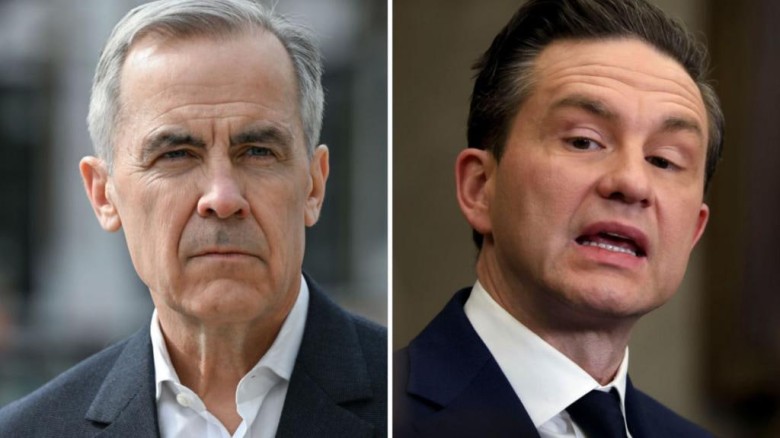
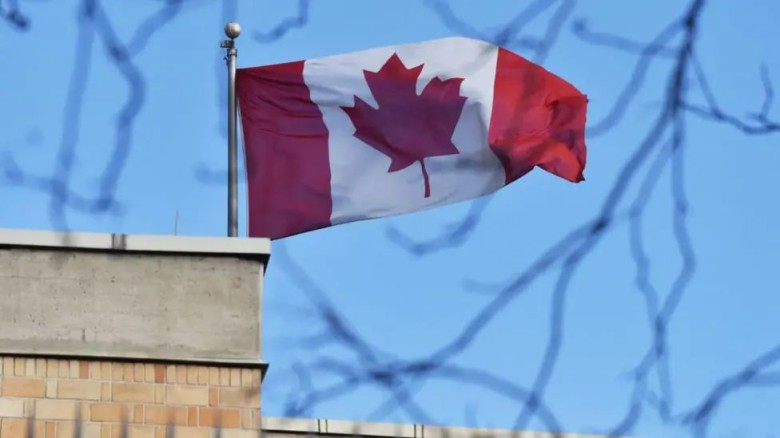
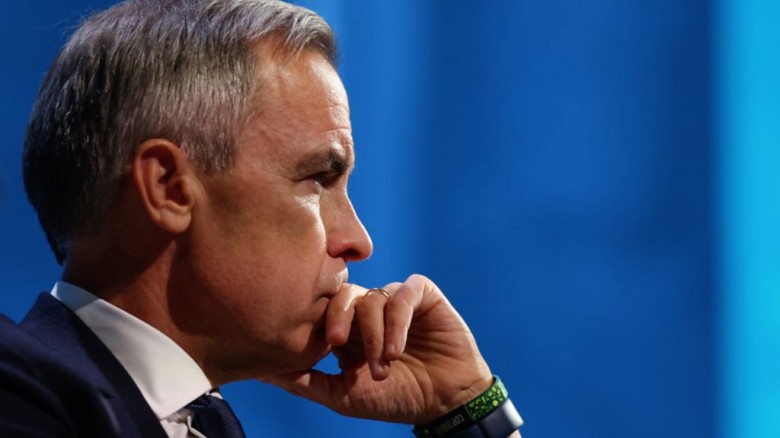

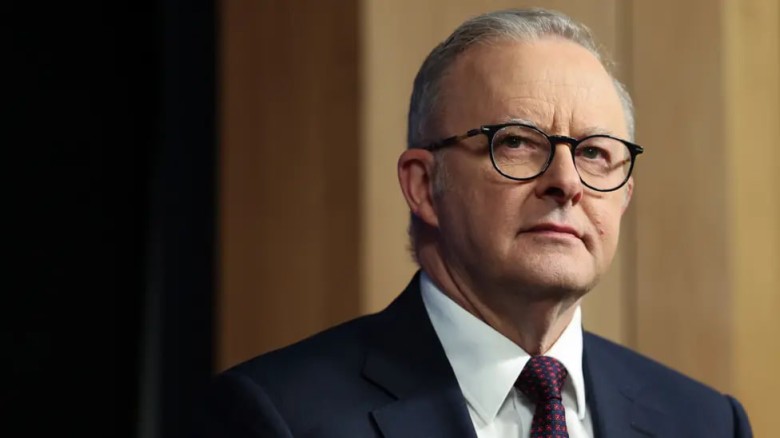
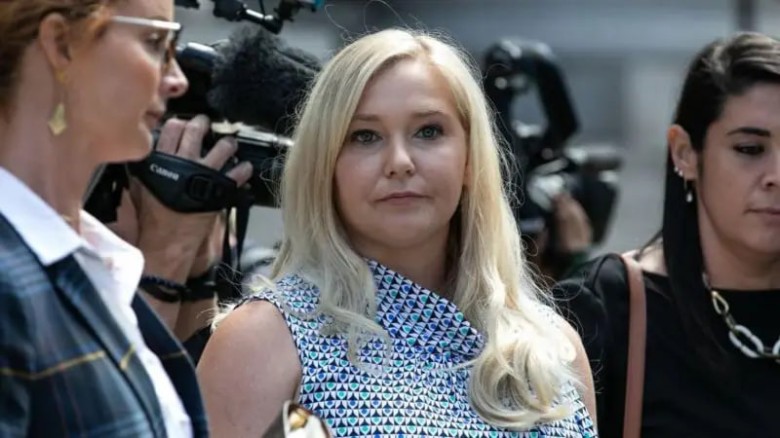

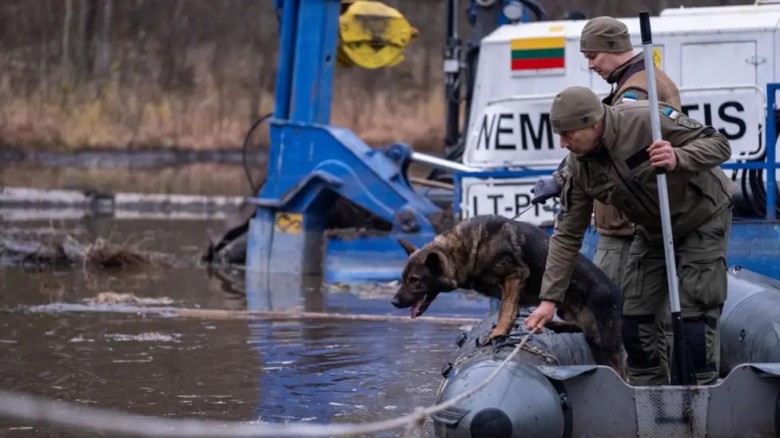
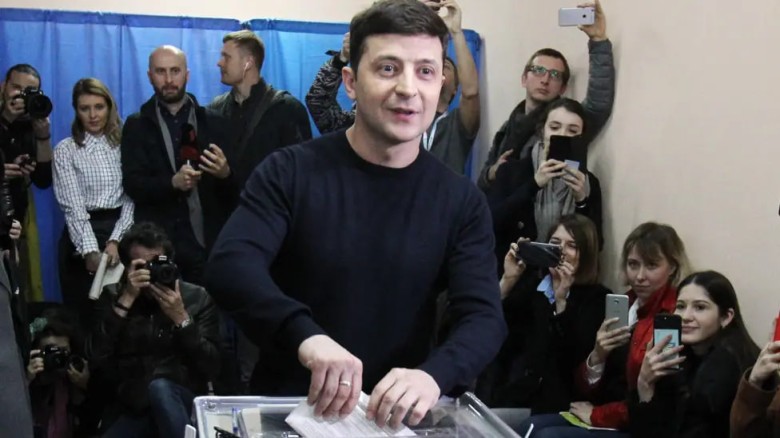
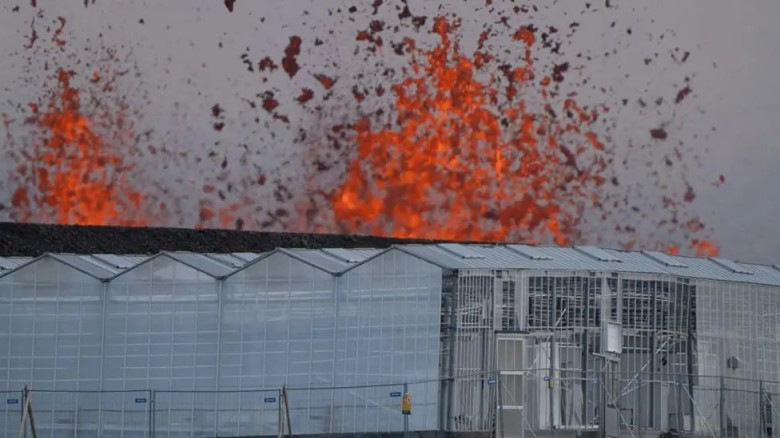
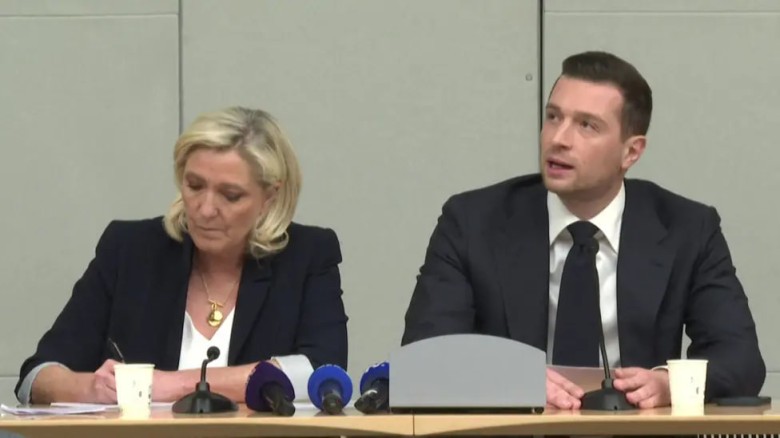
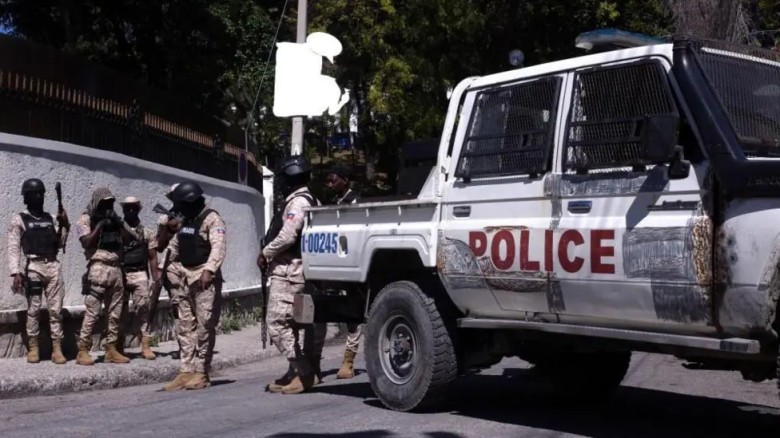
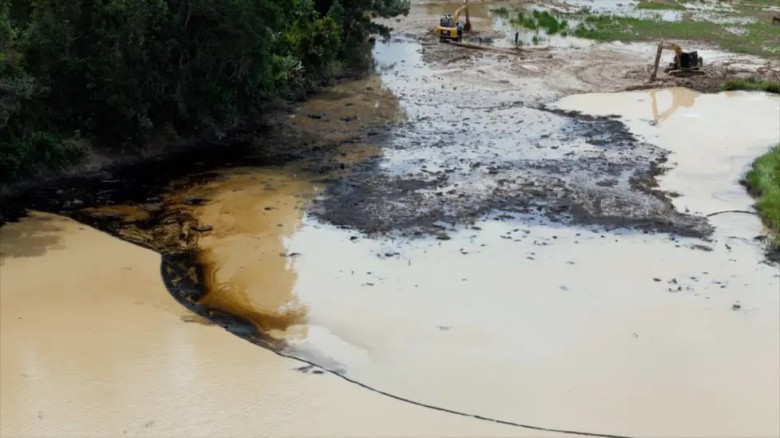
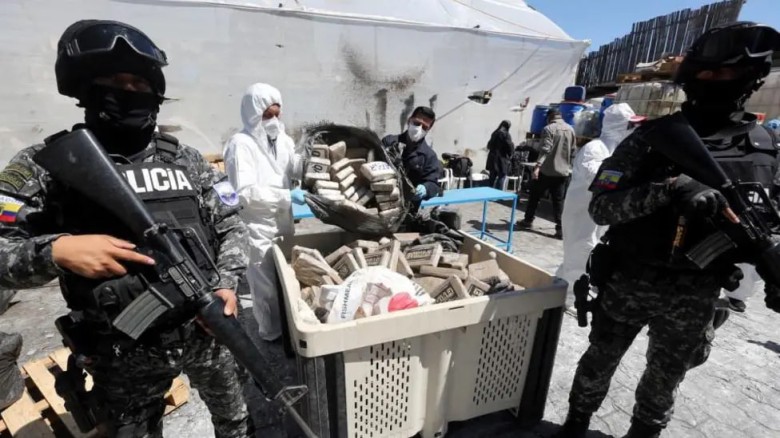
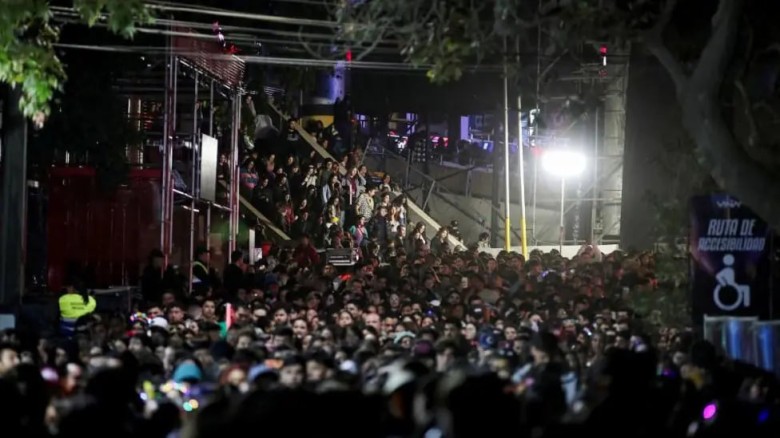





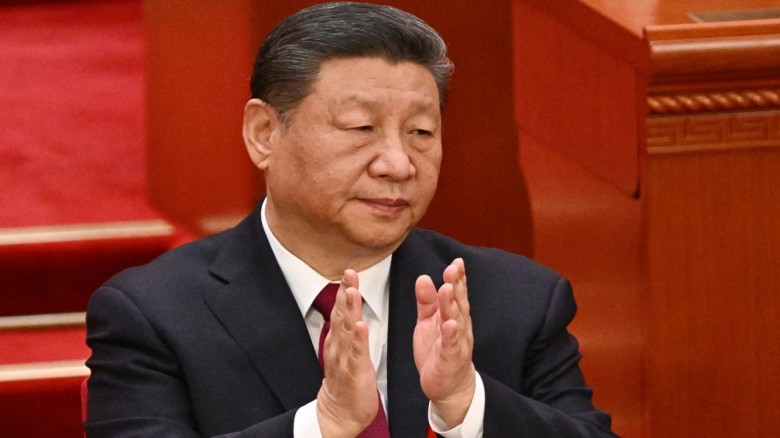
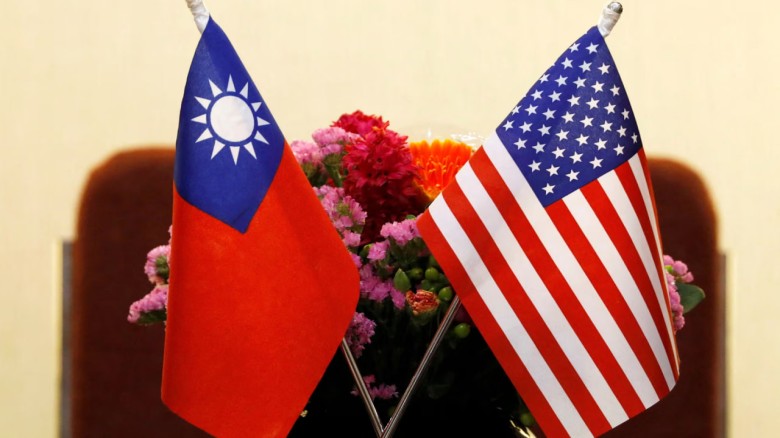

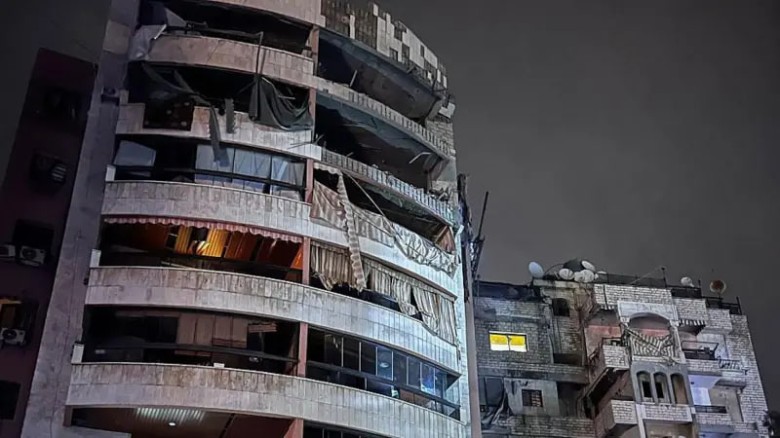
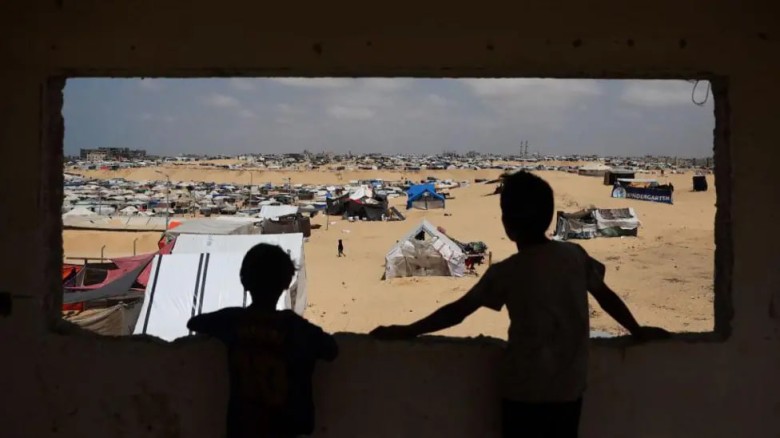
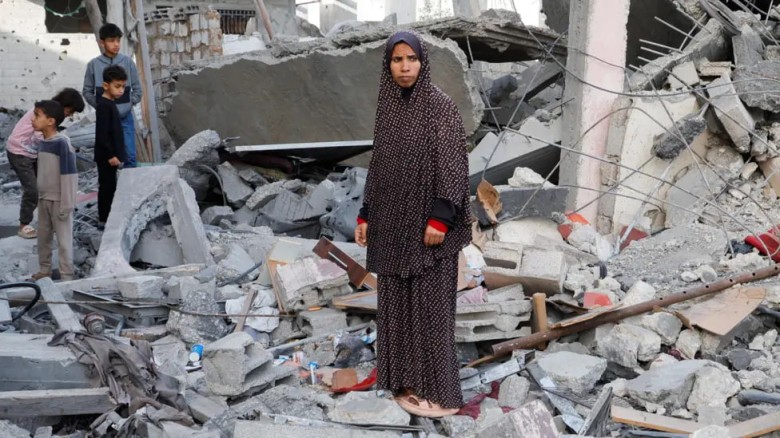
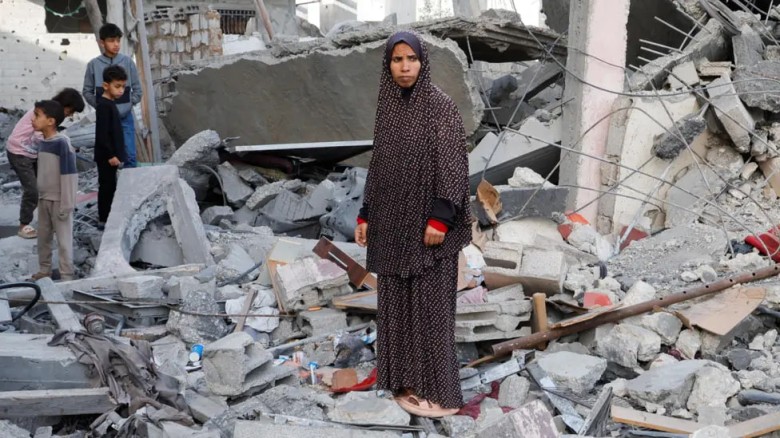

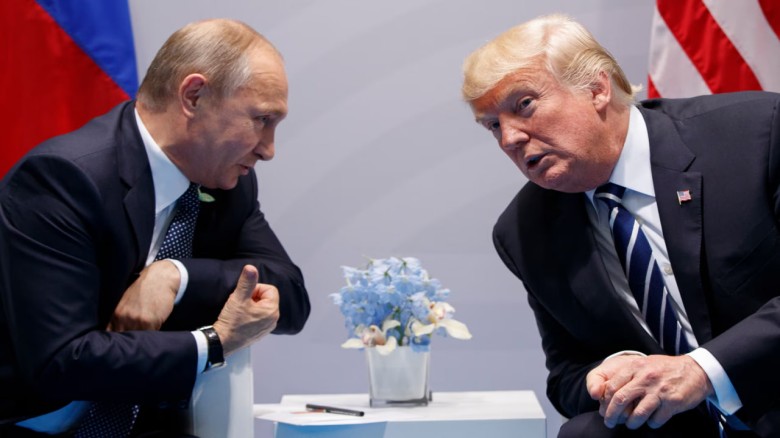
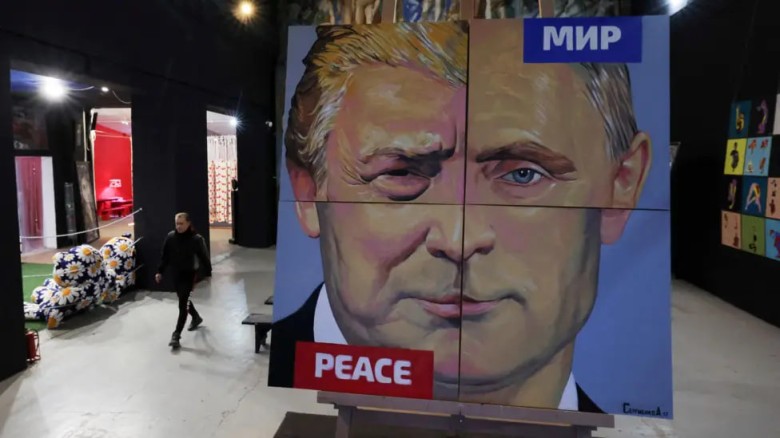
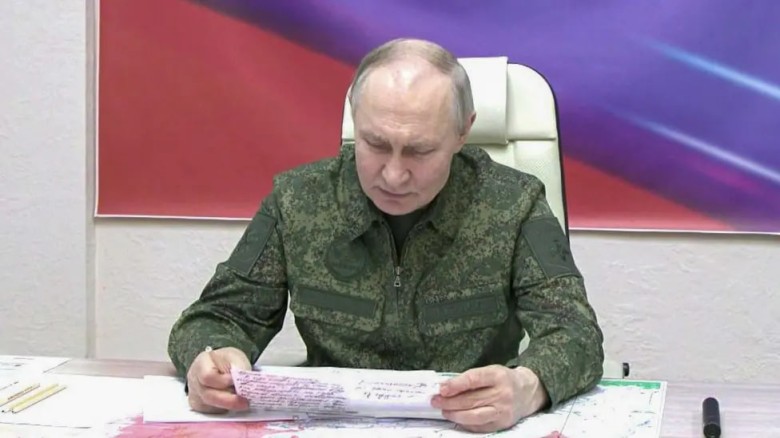



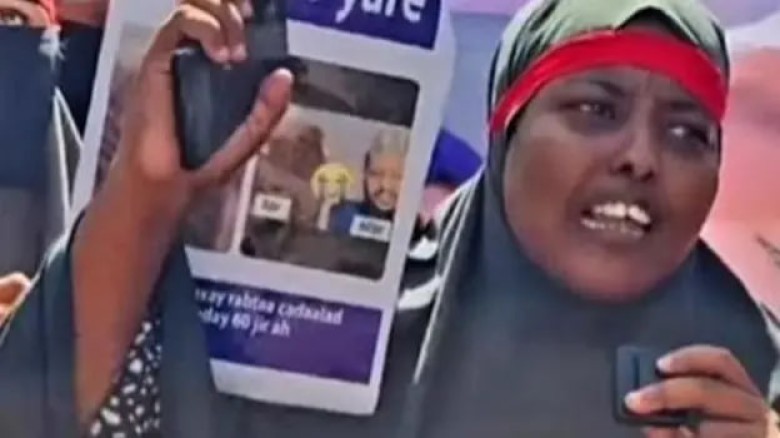
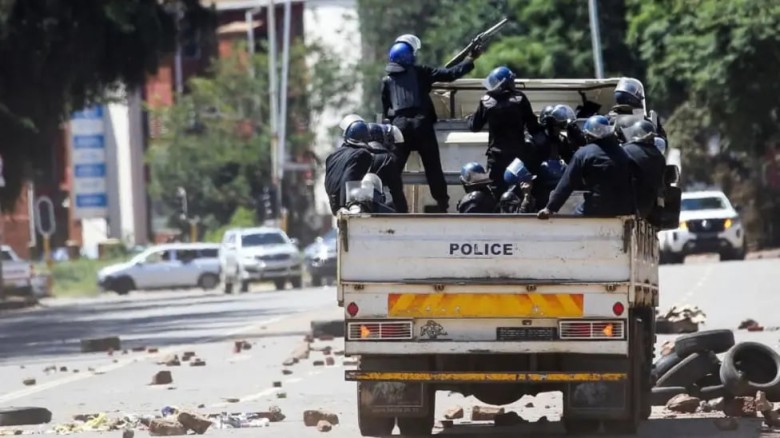
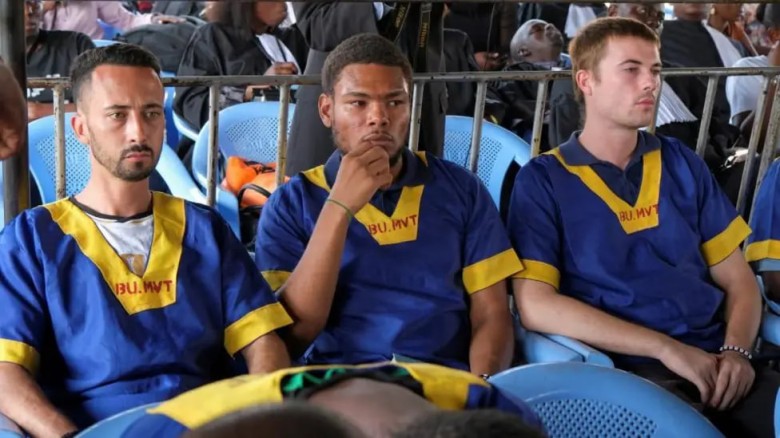
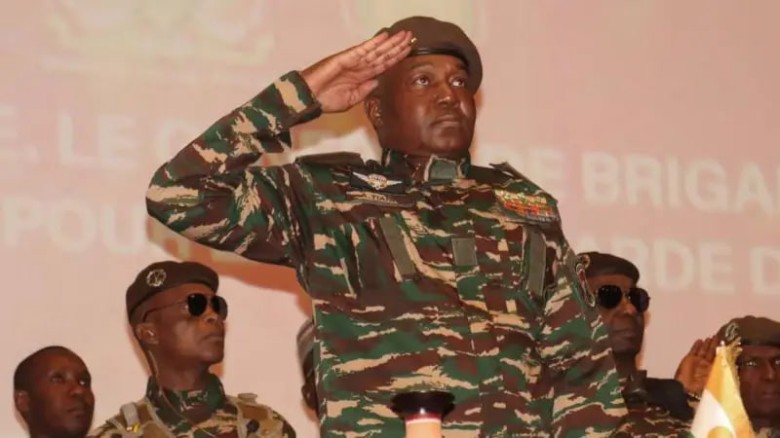











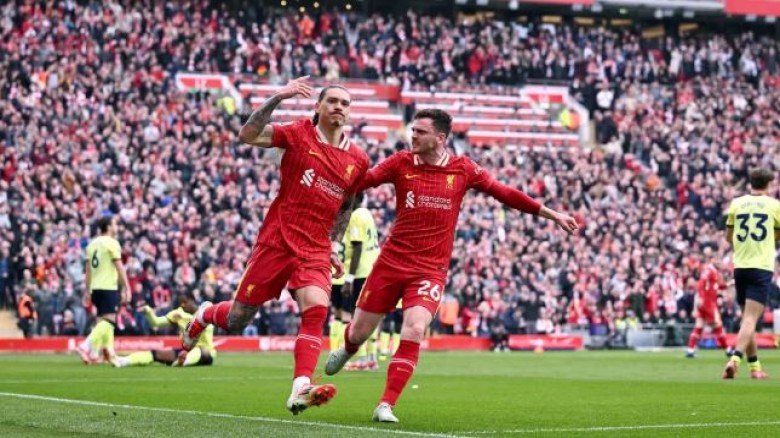

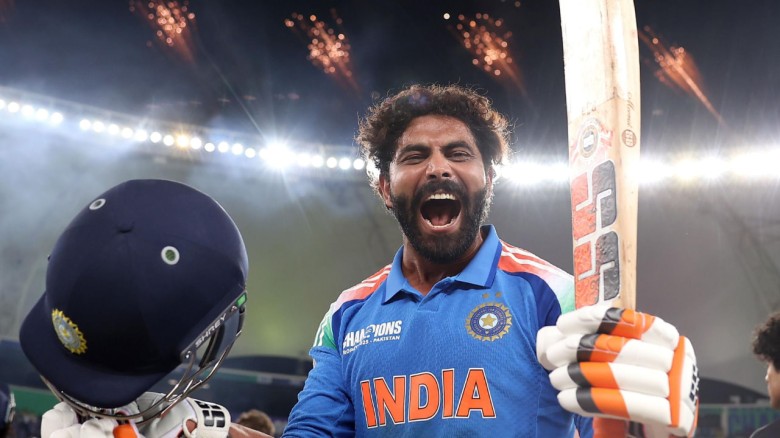
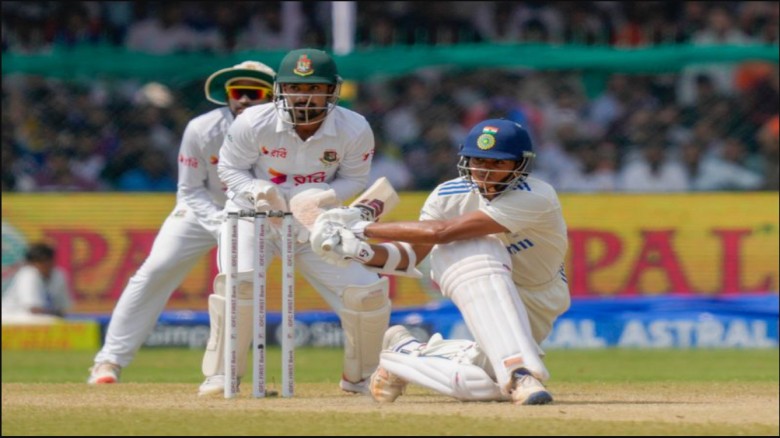


Leave A Comment